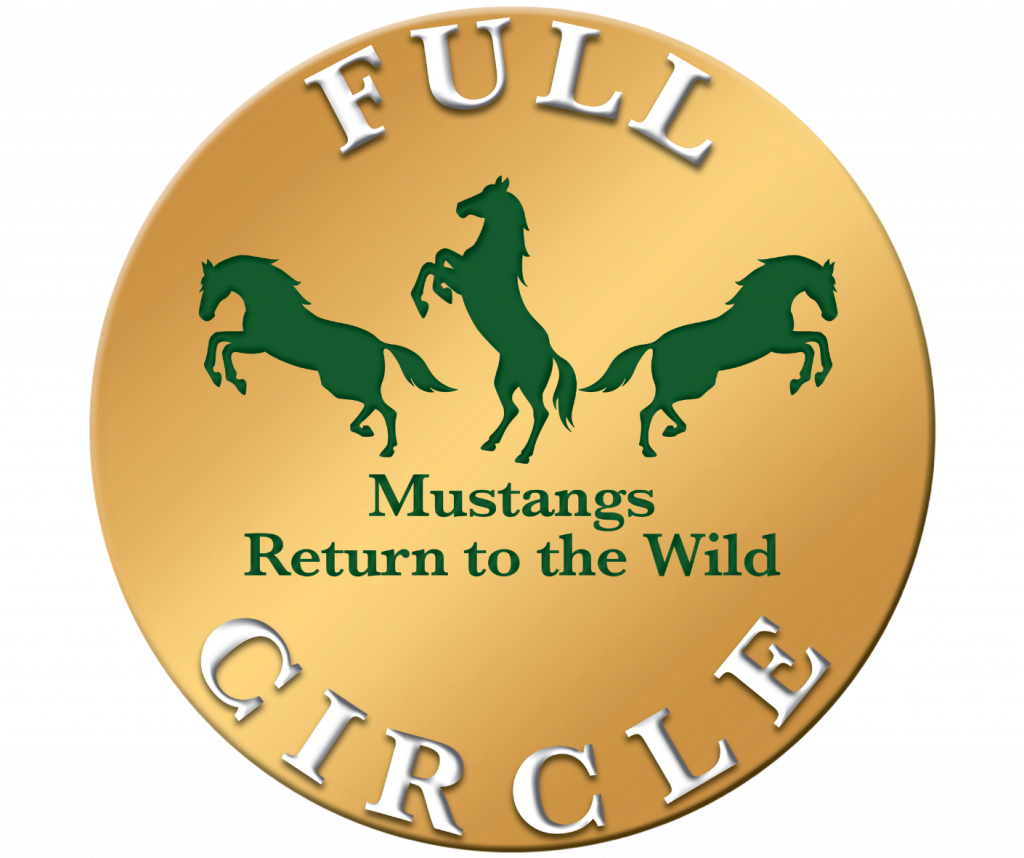Full Circle: Mustangs Return to the Wild
Full Circle: Mustangs Return to the Wild
Learn how Silver, Annie, and Sienna came to the MSSPA and why returning them to the wild was the best option to see these mustangs thrive.
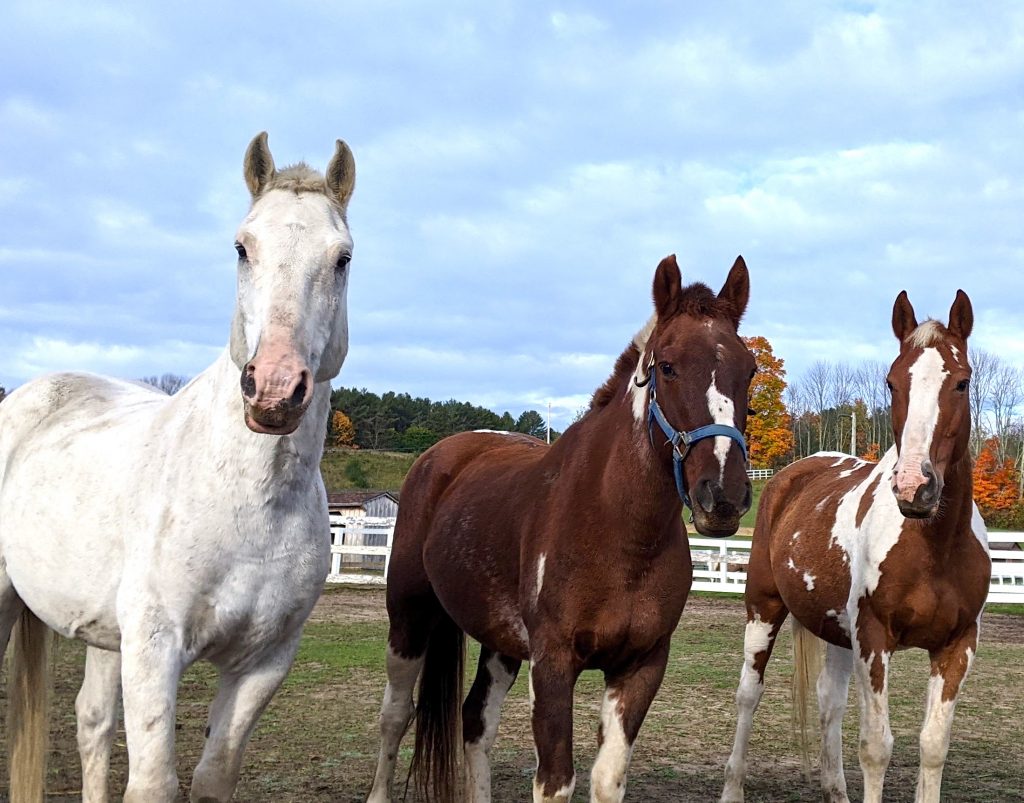
Mustangs, commonly referred to as wild horses, are descended from domesticated horses brought to North America by the Spanish. The U.S. Bureau of Land Management is tasked with the management of America’s mustangs and wild horses. Each year, thousands are rounded up, primarily in the western states, including Nevada, Wyoming, Idaho, Colorado, and others. Helicopters, ground vehicles, and horseback riders are used to herd them into small corrals for population control and future disposition.
Photo: U.S. Bureau of Land Management
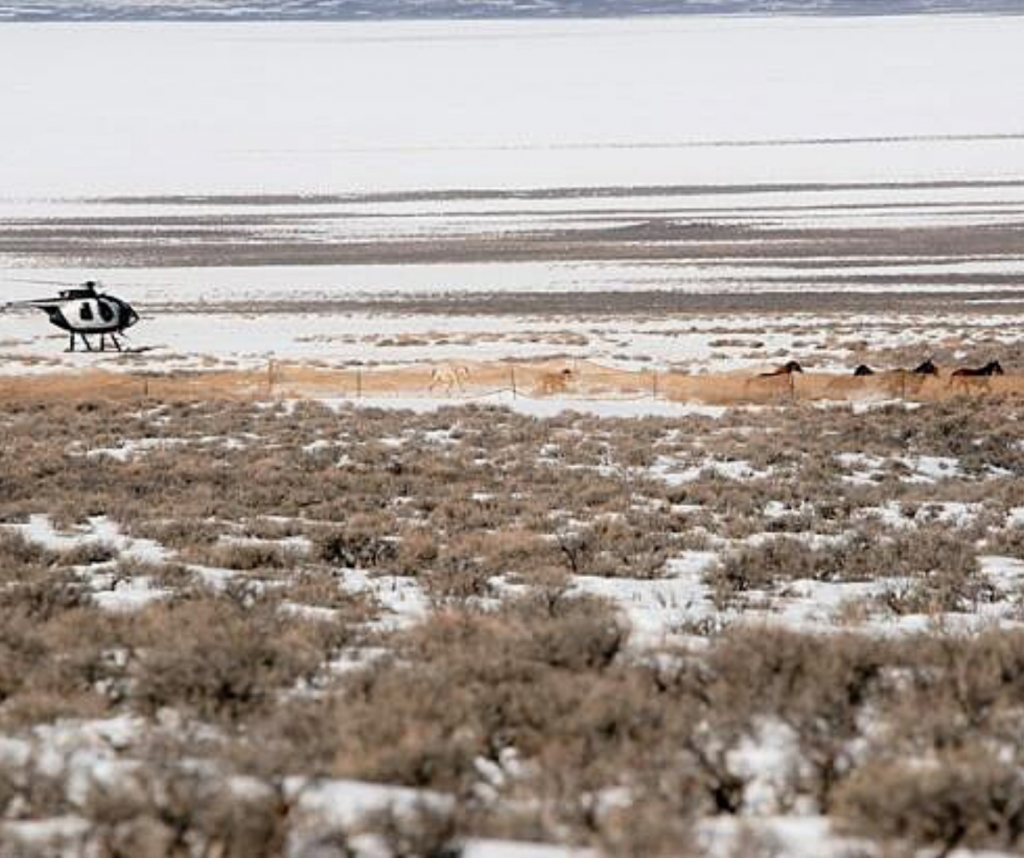
During the roundups or gathers, many horses are injured, and some die from exhaustion. Once caught, a small number of horses are adopted and a very large number are sold, ending their days in slaughterhouses in Canada and Mexico. Due to their sheer numbers, it is extremely difficult for the BLM to provide adequate care for the animals in their holding facilities. Individuals who adopt or purchase them are not often able to handle these wild horses, many of whom have never seen a human before being rounded up.
Photo: U.S. Bureau of Land Management
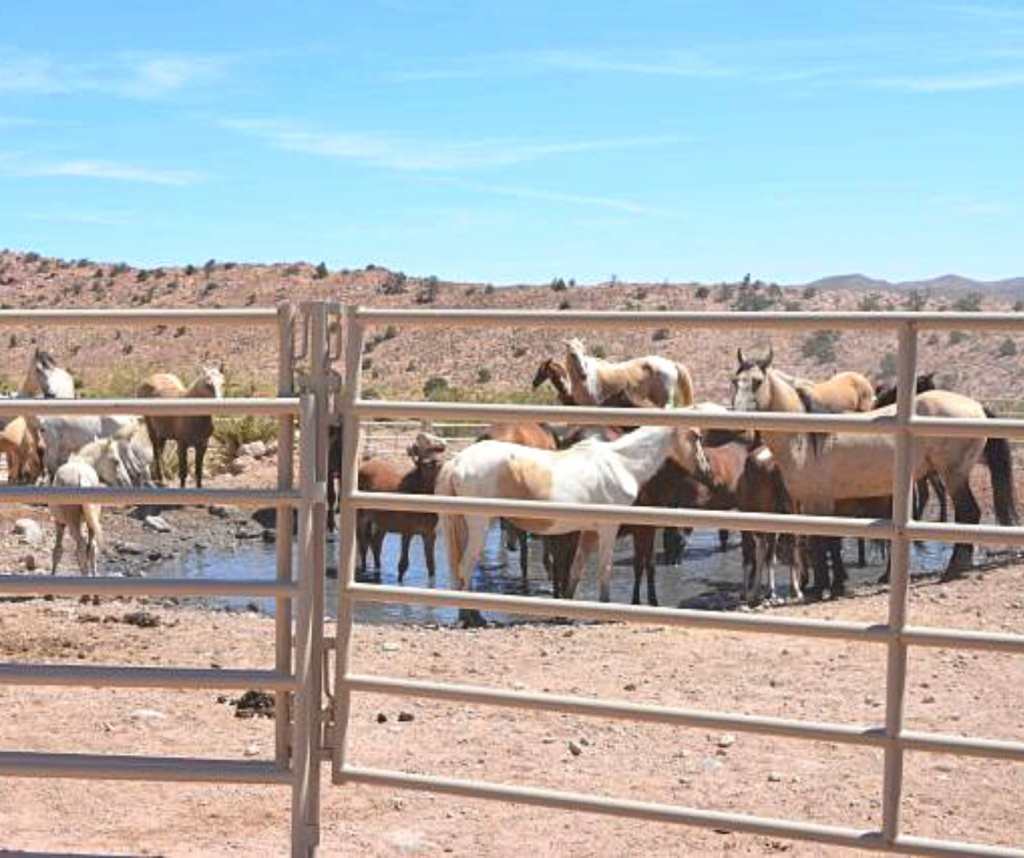
Younger wild horses are more curious about people; they are more easily gentled and trained. Older mustangs are less interested in humans and have fully developed self-preservation skills. Mustangs over the age of 10 less readily accept domestication. Mature wild horses may not thrive in captivity. Keeping them penned up for no purpose is cruel. It is like a roadside zoo with bears, big cats, or reptiles who do not belong in captivity. Whenever possible, wildlife should be left in the wild.
Photo: U.S. Bureau of Land Management
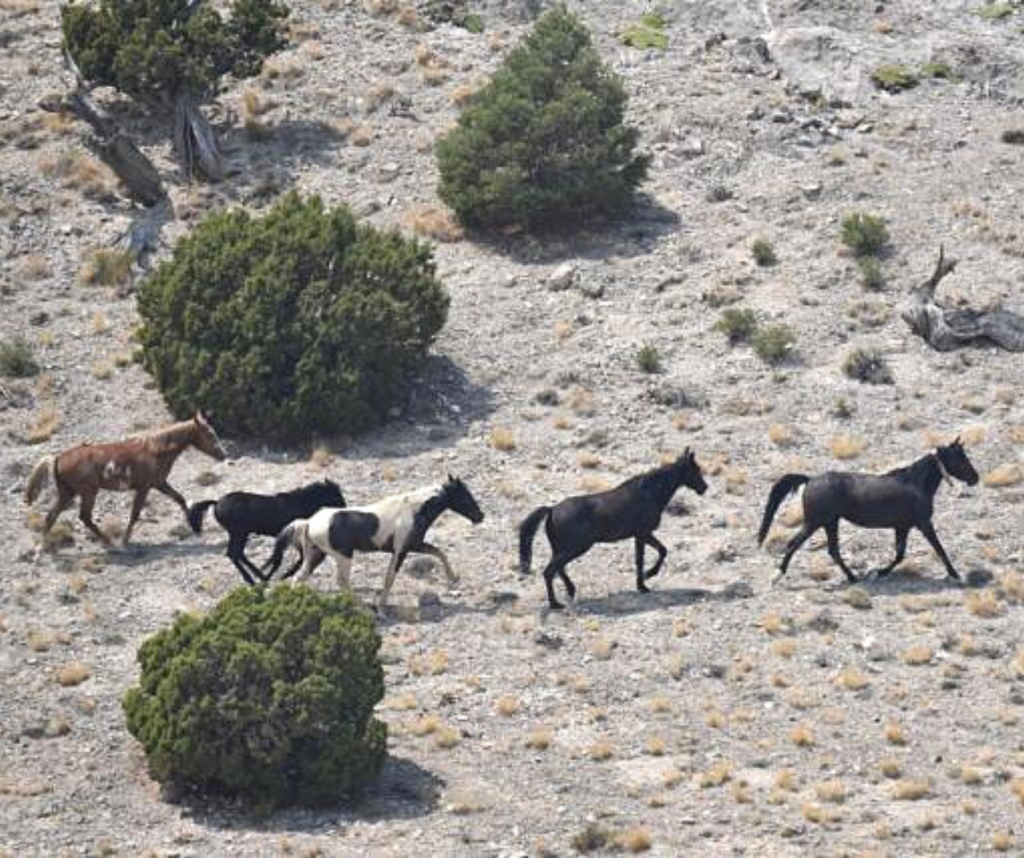
In July 2021, law enforcement officials asked the MSSPA to take in 20 badly neglected horses. These animals had been evidence in an animal cruelty case, though the Springvale, Maine owner was allowed to surrender them without consequence. Four of the horses were mustangs — three mature adults and a filly only a few months old. Since that time, adults Silver, Annie, Sienna, and baby Izzy were at the MSSPA. Once weaned, Izzy quickly began learning all about humans. She loves attention, is clever, and very willing. Prolonged professional efforts to gentle the adults resulted in only limited progress. Silver, Annie, and Sienna were unable to successfully transition to lives as domestic horses. They could not be safely handled for routine health or hoof care.
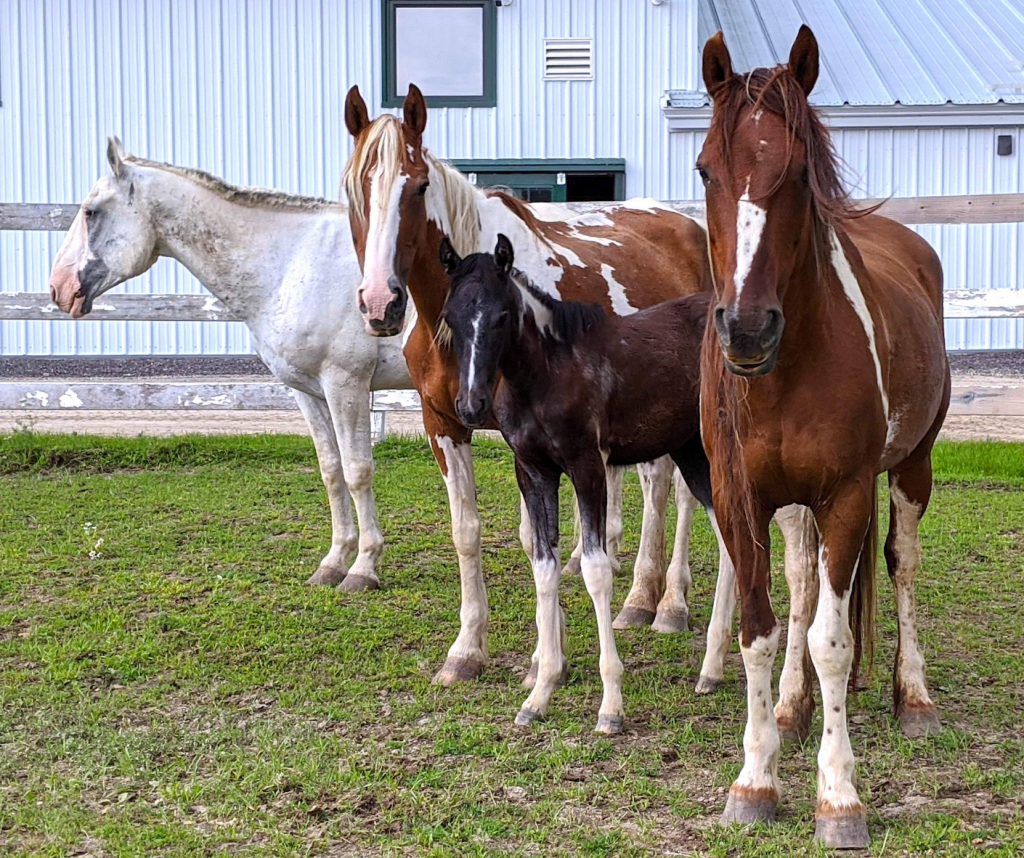
As a result, management at the shelter began exploring better options for the adult mustangs. Miraculously, Skydog Ranch and Sanctuary of Prineville, Oregon has committed to keeping all three adult mustangs at its 9,000-acre wild horse sanctuary for the rest of their lives. Silver, Annie, and Sienna are once again roaming free, safe from gathers or other human exploitation.
Photo: Skydog Ranch and Sanctuary
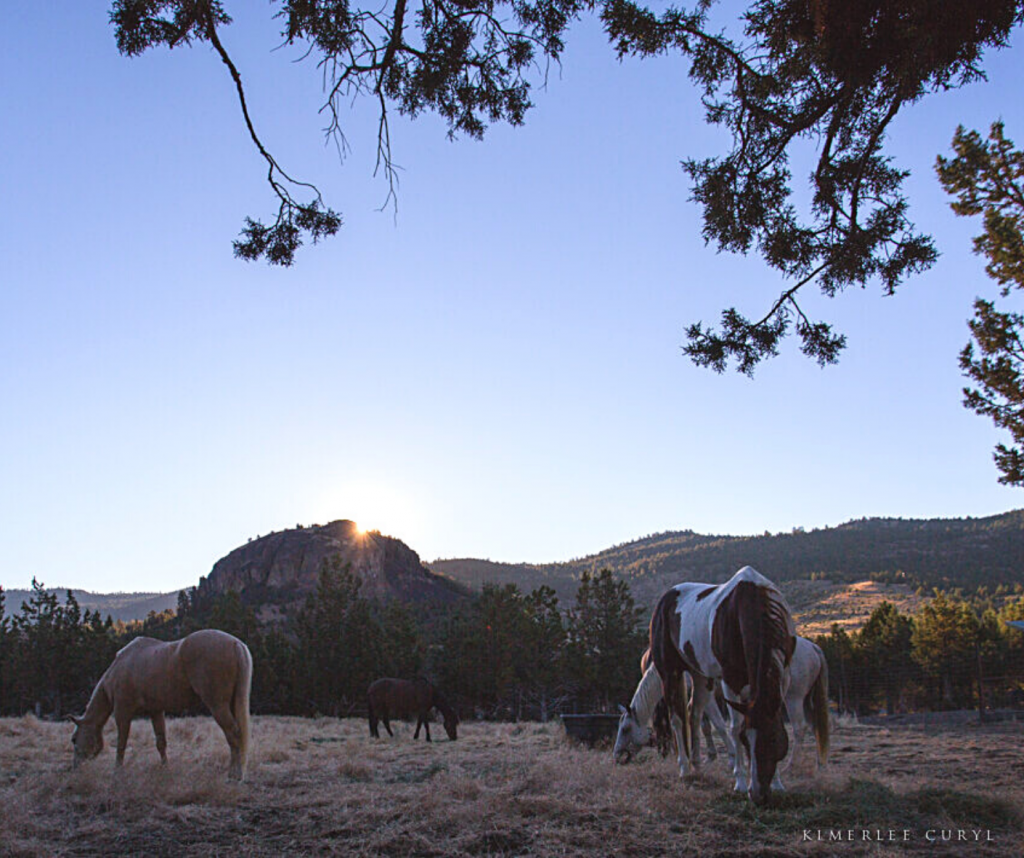
Thank you to Skydog and all those who are helping care for these three and all of America’s mustangs. They symbolize the best of what it means to be truly wild.
Photo: Skydog Ranch and Sanctuary

Meet the Mustangs
Silver

You can take Silver out of the wild but you can’t take the wild out of Silver. A 20-year-old gray mustang, Silver was captured on August 13, 2020 along with Annie and Phoebe in Saylor Creek, Idaho. Silver had lived 18 years as a stallion on the Idaho ranges before he was gathered and gelded, then sold to an abusive owner in Maine. After arriving at the MSSPA shelter along with 19 other neglected horses, Silver finally experienced compassion rather than harm from humans. Silver is still very guarded; he does not like sudden movements or when people approach him quickly. Captivity has caused Silver to close down and he prefers not to be handled at all. Silver cannot safely be led outside an enclosure and care has to be taken with his paddock gates as he sometimes tries to make a bid for freedom. Although dangerous for both Silver and any humans and horses who are nearby, Silver’s desire to be in wide-open spaces is understandable. At Skydog Sanctuary and Ranch, he has 9,000 acres to roam free! Follow #skydogsilver to see updates about him from Skydog Ranch.
Sienna
